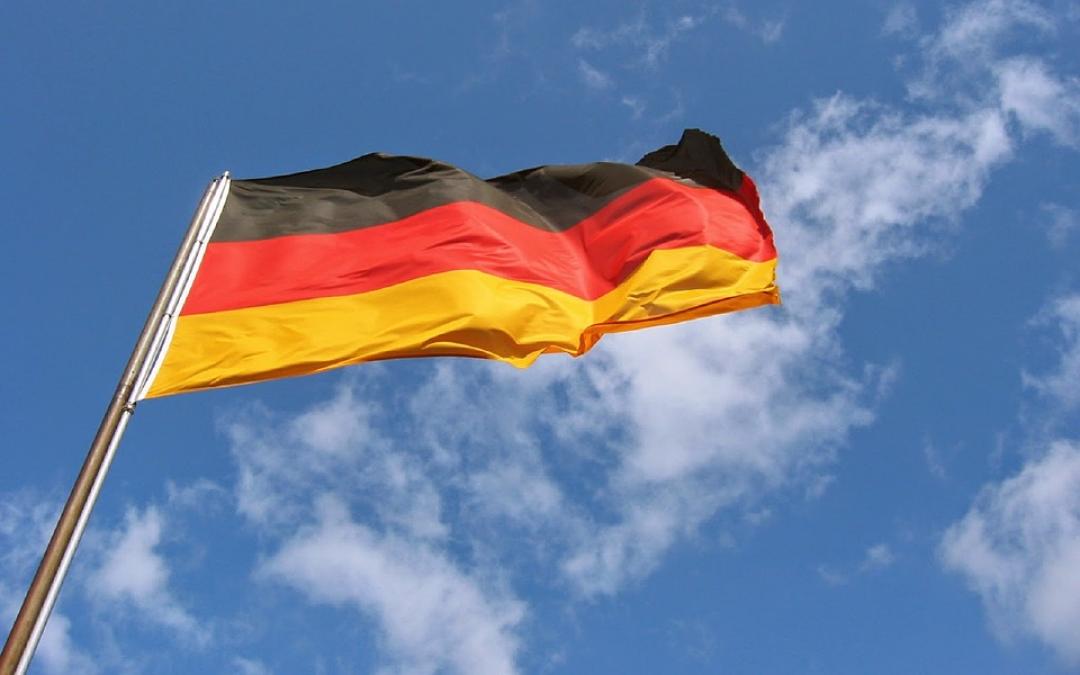
German President Steinmeier Reaffirms Support for South Caucasus Peace Process and Trans-Caspian Route in Baku Meeting

On April 1, Frank-Walter Steinmeier, the President of Germany, arrived in Azerbaijan for an official visit, where he was welcomed at Heydar Aliyev International Airport with a guard of honor.
On April 2, Steinmeier and his wife, Elke Büdenbender, visited the Alley of Martyrs in Baku, paying tribute to those who died for Azerbaijan’s independence.
Later, an official welcome ceremony was held in Baku, followed by one-on-one and expanded meetings between Steinmeier and Azerbaijani President Ilham Aliyev. During their discussions, Steinmeier emphasized that the visit provided an opportunity to strengthen Azerbaijani-German relations and address the peace process in the South Caucasus. He recalled his last visit to Azerbaijan nine years ago and noted the significant geopolitical changes since then.
During a joint press conference, Steinmeier congratulated Azerbaijan and Armenia on agreeing to the text of a peace treaty, urging both sides to sign it promptly. Aliyev expressed confidence that the visit would positively impact bilateral ties and noted that Azerbaijan’s trade with Germany had tripled in early 2025. He also highlighted Azerbaijan’s renewable energy plans, aiming to produce six gigawatts of clean energy by 2030, with a portion destined for Europe.
Steinmeier reiterated Germany’s strong support for the Trans-Caspian International Transport Route (Middle Corridor) and emphasized Azerbaijan’s strategic role in trade links between Europe, Central Asia, and China. He also reaffirmed Germany’s recognition of Karabakh as Azerbaijani territory, stating, "We have always said that this is your territory."
Aliyev provided Steinmeier with details about the Azerbaijan-Armenia peace process, stating that Azerbaijan had initiated peace talks after the Second Karabakh War and that the peace treaty’s 17 articles have been fully agreed upon. He stressed that two conditions remain for its signing: the dissolution of the OSCE Minsk Group and the removal of territorial claims from Armenia’s constitution. He asserted that the next move was Armenia’s responsibility.
Steinmeier acknowledged that rebuilding trust between Azerbaijan and Armenia will take time and effort but insisted that signing the peace treaty is the first step toward reconciliation. He also highlighted historical German-Azerbaijani ties, including Azerbaijan’s role in Germany’s energy security, and the importance of expanding cooperation in education and scientific fields.
See Also


Mirzoyan Meets US Deputy Assistant Secretary Joshua Huck

Azerbaijani President Holds Talks with UAE and German Business Delegations on Economic Cooperation

Grigoryan Confirms Armenia’s Readiness to Dissolve OSCE Minsk Group Upon Peace Treaty Signing

Azerbaijani Official Warns of Ecological Risks to Caspian Sea, Similar to Lake Urmia and Aral Sea

